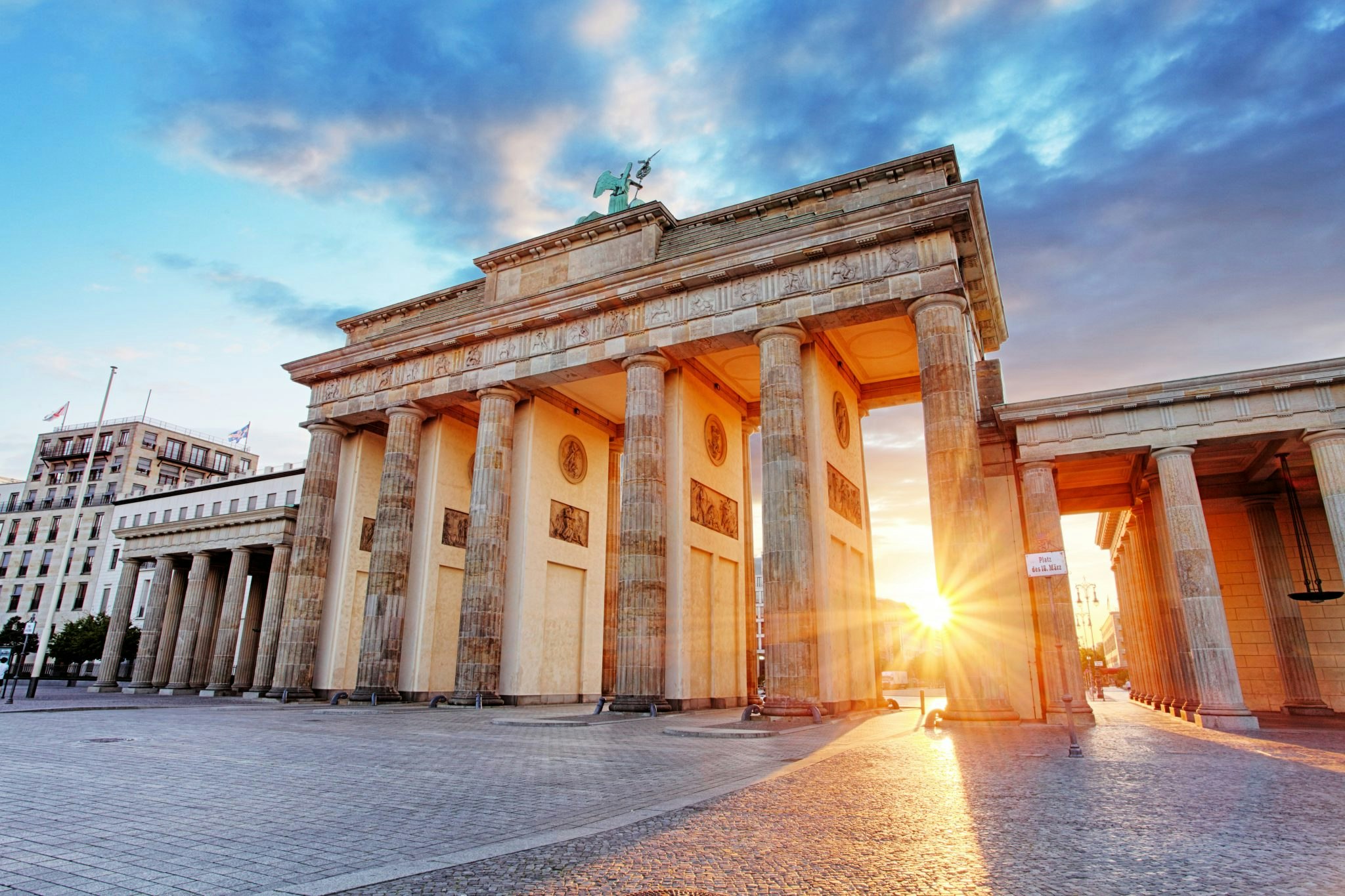When AI platform Builder.ai raised its Series B in 2021, it wasn’t just the management who were happy. Employees sold a total of $5.7m in shares — a rare opportunity to turn some of their equity into cold hard cash before the business is sold, or goes public.
What’s more, until a few years ago, this was something totally taboo in Europe.
Now that’s starting to change in Europe as these transactions — known as secondaries — are becoming increasingly common.
“I have seen many examples over the years of founder ‘mojo’ radically changing when some of that financial pressure is removed,” says Chris Wade, partner at Isomer Capital — selling some equity means founders and employees can, for example, put down a deposit on a house or support their family.
“Whereas if I tried proposing this, when I was building companies, just call the people in white coats or fire me on the spot — it was a ludicrous idea.”
And given the slowdown in public markets and economic wobbles, investors say there’s likely to be even more demand for secondaries — even if employees have to sell equity for less than they would have gotten during the heady days of 2021.
“If the current macroeconomic conditions, characterised by higher interest rates, a rotation away from high growth stocks and a consequent [initial public offering] liquidity crunch, persist, you’d expect to see the pressure for liquidity within the venture ecosystem increase,” says Dany Bidar, principal at Octopus Ventures.
In other words, with fewer exit opportunities and public markets down, investors might be looking to get hold of some extra capital by selling some stakes in private startups.
The rise of secondaries in Europe
European tech fans might remember Hopin founder Johnny Boufarhat taking more than £100m off the table last year, while Wise and Revolut have also done highly publicised secondary sales.
There isn’t data available on how many of these transactions happen a year — but this much is clear from the conversations Sifted had with over 20 investors, founders and execs: it’s not just founders getting rich anymore; employees are cashing in too. On top of that, transactions are happening earlier and more secondary-specific funds are emerging.
“It’s a healthy sign of a functioning ecosystem,” says Jemma Bruton, managing director at investment firm Hambro Perks. “When you look to the US, this is a natural evolution. This is a logical consequence of something very exciting going on. And it will also encourage the recycling of capital in the ecosystem.”
There are over 1,500 European-headquartered, VC-backed startups founded after 2010 that have raised at least a Series B — the stage at which many would do secondaries — and together they are worth nearly $600bn. If employees own 10% of that, you’ve got at least a $60bn market — and that doesn’t take into account equity owned by individual investors or founders, so the true number is even higher.
Cars and apartments: secondaries as key for motivating employees
More companies are beginning to understand how powerful a recruitment and retention tool secondaries can be amid intensifying competition for talent.
Danish fintech Pleo says it’s given all of its employees a chance to cash in parts of their equity packages twice over the last year, though it won’t say how much it offered.
Jeppe Rindom, CEO and cofounder of Pleo says that some have used the cash to take long holidays, some to buy a house or a car, while others have chosen not to take any money off the table.
“Offering company shares and secondaries was a really nice way to motivate, showcase how the work the team is doing day-to-day impacts the business as a whole, and reward them for that,” says Rindom.

Builder.ai’s secondary sale happened after CEO Sachin Dev Duggal gave his 200 employees options — the right to buy shares in the company in the future — in proportion to pay cuts taken during the pandemic. They were able to exercise those options just nine months later when the company raised.
“Suddenly [employees] went from being very stressed to effectively getting a year’s worth of income upfront,” says Duggal. “When we made the announcement, a third of the team was in tears.”
Secondaries are often linked to a fundraise but don’t necessarily have to be; Estonian mobility scaleup Bolt, for example, says it aims to have secondary sales each year.
Rando Rannus, general partner at Siena Secondary Fund in Estonia, which invests in companies through secondaries, sees founders using the cash they get from a secondary transaction to back the next generation of companies.
“It’s not only about buying an apartment but about impacting the ecosystem.”
Meet the secondary funds
Most VCs will be involved in secondary transactions at some point — either selling equity in portfolio startups or buying up more — but now there are more funds in Europe with dedicated secondaries strategies too.
Those include London-based GP Bullhound, Hambro Perks and newly launched Sova VC. In the Nordics there's the simply named Nordic Secondary Fund, founded in 2018. Rannus’s Siena Secondary Fund, launched last year, covers the Baltics and Scandinavia.
What’s so attractive to these investors about secondaries? A lot less risk.
“By investing in secondaries you’re effectively de-risking traditional VC investing,” says Octopus’s Bidar.
Companies holding secondary transactions are likely to sell or IPO sooner than your average seed-stage startup, which means VCs can pay back their LPs quicker. “As a result, you’re targeting more mature companies which are at the scaling stage, with an attractive track record of revenue and growth, and with a path to profitability and liquidity,” he says.
On top of that, the equity is usually bought at a discount because sellers are essentially paying a fee to cash out early — to get liquidity in a non-liquid market. That discount can range from 10% to 50%, depending on a range of factors like when the company raised last and what class the shares are. Funds have different strategies for how much of a discount they want.
That said, during the heady days of 2021, some secondaries actually went for a premium.
Excel sheets and lawyers: why secondaries are still a headache for many
Secondaries can be tricky for both investors and startups.
It can be hard to agree on a valuation to base the transaction on if it’s happening between primary funding rounds. And investors must beware of the “right of first refusal” (ROFR), which means existing investors have the option to purchase shares at the negotiated price and override new investors.
And startups often struggle to manage their shares — relying mostly on Excel spreadsheets. Tax implications for employees differ across Europe. Builder.ai’s Duggal says his company made sure employees had access to legal counsel so that they could figure out the tax implications of a share sale.
Earlier this year, Sequoia-backed equity management company Ledgy partnered with Semper, a startup that runs secondary transactions on behalf of companies, to provide infrastructure to companies to lessen the administrative burden.
Seedrs also has a secondary marketplace in Europe, and there will likely be more options in the future if the US experience is any indication.
What happens when markets are down and valuations are falling
A valuation plunge in Europe likely means employees looking to take some cash home could take a hit if the value of their shares has fallen. Already in the US, secondary prices are beginning to come down.
“You'll have a lot of people who thought they were paper rich, the people who were almost there are actually going to be pulled down a bit. And it’s going to suck, to be fully transparent,” says Semper’s cofounder Mathias Pastor. “But I think overall is going to be a very healthy reset for everybody.”
And companies being short on cash could actually mean more founders decide to compensate staff with equity for the time being, which could also mean demand for secondaries in the future.
“Especially in an environment like this where maybe startups and private companies have less cash and need to be warier of salaries, equity is going to become a better investment,” says Ledgy cofounder Yoko Spirig.


